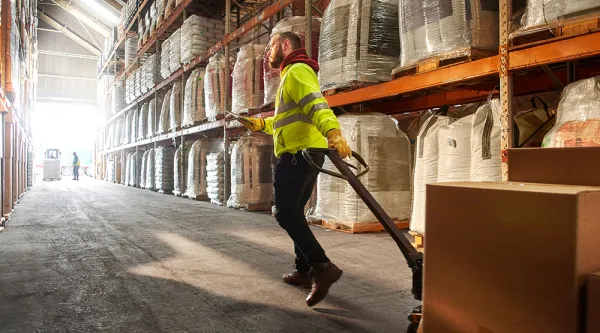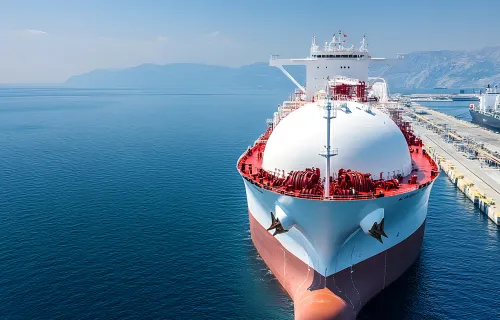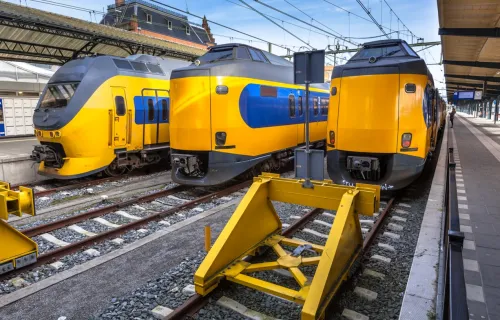It’s been a year unlike any other for transport and logistics organizations. The war in Ukraine, disrupted trade routes, climate change impacts on navigation and inland transport, rising energy prices, and the possibility of new pandemic lockdowns have created a very complex and uncertain environment in which to operate. As consumers, we feel the impact of these disruptions when our favorite products go missing from store shelves, deliveries are delayed or when it’s time to fill up with gas or charge our cars.
These new market realities are pushing transport organizations to reassess what they must do to stay relevant in the future. As part of the 2022 CGI Voice of Our Clients (VOC), we spoke one-to-one with 84 transport and logistics executives to understand how they are evolving their priorities to move forward. In this blog, I highlight the key findings from our discussions.
Sustainability strongly rises in importance
Driven by growing pressure to step up efforts to save the planet, sustainability is now top of mind. This year, 75% of executives say sustainability is core to creating future stakeholder value, a notable jump from 61% in 2021. This figure is well above the all-industry average of 48% and second only to the oil and gas industry at 77%.
Climate change increasingly affects the movement of people and goods. Embedding sustainability into operations end-to-end will require organizations to overhaul their business model or at least a part of it. It will also call for maximizing the use of data to advance climate goals through insights-led responsible practices and ecosystem collaboration.
Degree of supply chain globalization is under scrutiny
A direct consequence of the current geopolitical situation and disrupted global trade chains (ongoing for more than 2.5 years now) is that executives see a growing impact of deglobalization on their supply chains and the need for setting up safety nets to offset disruptions. Logistics operations, for instance, are usually designed to be as low-cost as possible, so when supply chains are reliable, stock levels are kept to the minimum. However, disrupted and erratic supply will require rethinking operating models that factor in higher stockpiles, local sourcing and distribution models, etc.
In the short term, we believe closely monitoring supply and demand and increasing buffers for critical goods will be key to resilience. At the same time, quality data will be foundational to managing future disruptions, along with investments in supply chain dashboards, AI, advanced analytics and control tower functionalities.
Cybersecurity demands greater attention
It’s time for transport organizations to take a hard look at security. Here’s why. One in three executives says they do not have a defined cybersecurity strategy—a figure significantly lower than most other industries. Moreover, only 25% of those with a strategy extend it to their wider ecosystem, and only 36% say they are producing results from their strategy.
Cybersecurity may not immediately deliver “business value,” but it’s critical to consider the consequences of large-scale incidents. High-profile breaches like the 2017 NotPetya and 2010 Stuxnet cyber-attacks remain unforgettable reminders of the need for organizations to constantly assess and manage security vulnerabilities, build in security early, and monitor, prevent and respond to security attacks.
Legacy systems and low agility continue to hinder digitization
Dynamic markets require the agility to quickly innovate products and services and shift to new business models. Yet, only 1 in 4 transport and logistics executives feel their business model is highly agile when addressing digitization. Moreover, 82% say legacy systems hinder achieving successful digitization.
Both findings highlight that digitization is not something to be done on the sidelines. It requires a concerted and cohesive effort from both business and IT executives and will be a prerequisite for organizations to accelerate their digital journey and reinvent for a sustainable future.
Do these findings resonate with your organization? Reach out to me to talk through your challenges and opportunities. I also invite you to read the 2022 Voice of Our Clients report for more insights and actionable recommendations.






